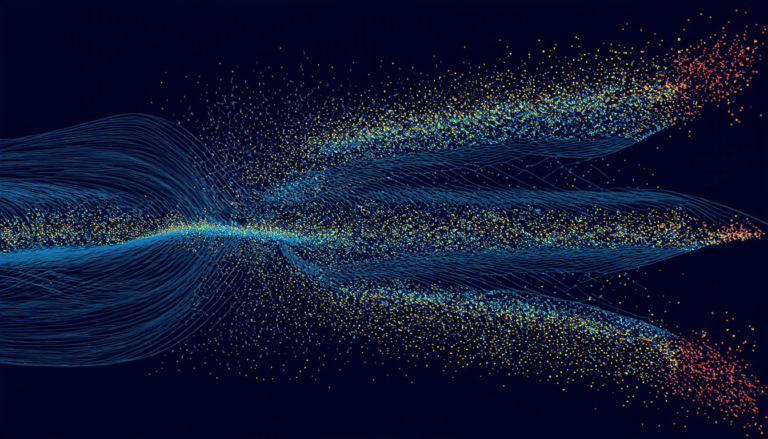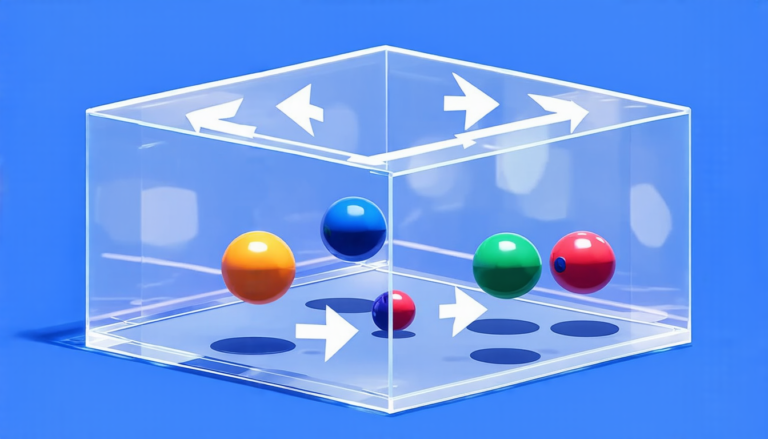Wednesday 26 March 2025
Scientists have long sought to build a quantum computer that can maintain its fragile quantum state for extended periods of time, allowing it to perform complex calculations and solve problems that are currently unsolvable. One major obstacle in achieving this goal is the presence of noise and errors in the system, which can cause the delicate quantum states to collapse.
A team of researchers has made significant progress in addressing this challenge by developing a new method for simulating noisy quantum systems. Their approach involves using a technique called temporal coarse graining, which effectively integrates out high-frequency components of the noise, allowing the system to maintain its quantum state for longer periods of time.
The team used a combination of mathematical techniques and numerical simulations to develop their method. They first modeled the behavior of a quantum system in the presence of noise using a type of stochastic process called an Ornstein-Uhlenbeck process. This process is characterized by a random fluctuation that decays over time, mimicking the behavior of real-world noisy systems.
The researchers then used numerical simulations to test their method on a variety of different noise models, including ones based on 1/f noise and quasi-static noise. They found that their approach was able to accurately simulate the behavior of these systems, even in the presence of significant amounts of noise.
One of the key advantages of the team’s method is its ability to accurately capture the effects of noisy quantum systems on the behavior of quantum computers. This is particularly important for building reliable and efficient quantum computers, as errors caused by noise can have a significant impact on their performance.
The researchers also demonstrated that their method can be used to simulate complex quantum systems with multiple qubits (quantum bits). This is an important step towards building large-scale quantum computers, which will require the ability to accurately model and simulate complex quantum systems.
Overall, this research represents an important advance in the development of quantum computing technology. By providing a new tool for simulating noisy quantum systems, the team has taken an important step towards building more reliable and efficient quantum computers.
Cite this article: “Simulating Noisy Quantum Systems: A Key Step Towards Reliable Quantum Computing”, The Science Archive, 2025.
Quantum Computing, Noise Reduction, Temporal Coarse Graining, Ornstein-Uhlenbeck Process, Stochastic Processes, Numerical Simulations, Quantum Systems, Qubits, Quantum Computers, Noisy Systems







